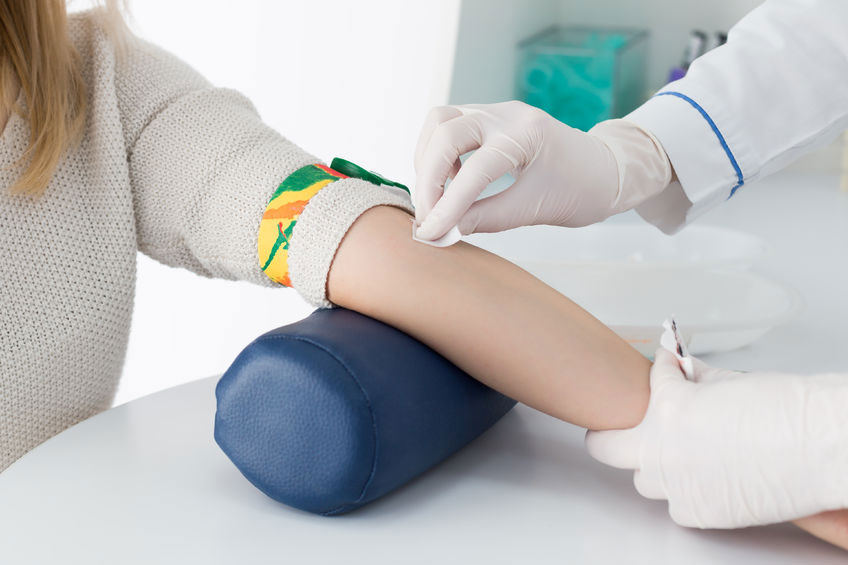Liver function laboratory test
Normal liver function can be assessed using a laboratory test with blood sampling. It provides information on inflammatory abnormalities of the liver, bile excretion, and the hepatotoxic effects of drugs, alcohol, medicines, and other toxic substances. If the test shows values outside the normal range, the need for further tests will depend on the extent of the deviation.
Functions of the liver
The liver is the largest gland in the human body which is responsible for detoxification. Its role is essential for the normal functioning of metabolic processes. The liver produces cholesterol, an important component of bile, cleanses incoming blood, stores starch, and produces many vital proteins and coagulation factors, stores vitamins A, D, and B12. It also plays an important role in the breakdown of toxic substances (filters out toxins from the blood), iron and copper metabolism, and bilirubin metabolism.
Parameters measured during the liver function laboratory test
Bilirubin
The breakdown product of hemoglobin, which is yellow in color. In case of liver disease or increased breakdown of red blood cells, its levels may increase. It causes itching and yellowing of the skin, mucous membranes and whites of the eyes.
What can high bilirubin levels indicate?
In newborns, due to the immature enzyme system, bilirubin (neonatal jaundice) builds up when hemoglobin is broken down. It is a physiological process that takes place in 1-3 weeks. If jaundice persists, a thorough investigation is required due to suspicion of biliary malformation.
The increase in isolated bilirubin may be due to the so-called Gilbert’s disease or Gilbert’s syndrome, which is a congenital bile secretion disorder that affects 5% of the population in Hungary.
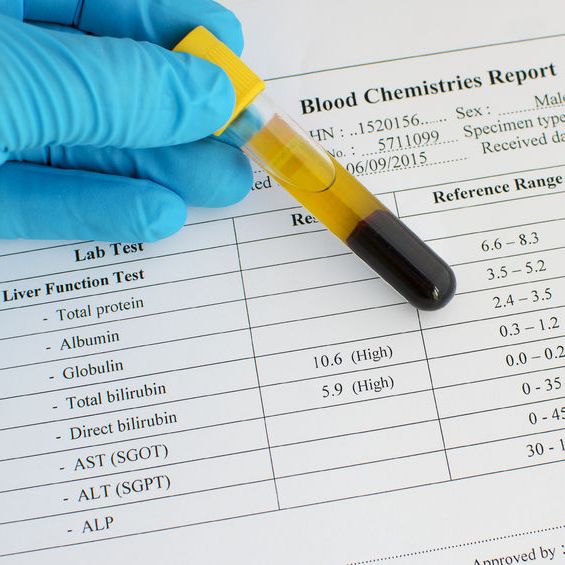
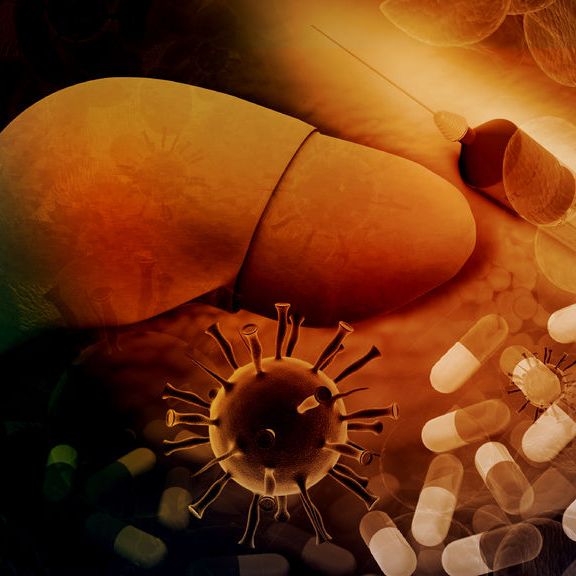
GOT (glutamate oxaloacetate aspartate aminotransferase)
An enzyme involved in the metabolism of amino acids. It occurs mainly in the liver and heart, but it is also found in the brain and kidneys. It is tested together with the GPT enzyme to evaluate the pathological process. It is normally present in small amounts in the blood, but in the case of organ damage, this level increases significantly.
What could be behind the rise in GOT levels?
Increase in GOT levels may be due to the following liver-related causes:
- Malignant tumor of the liver
- Inhalation of toxic substances (eg organic solvents)
- Viral hepatitis
- Chronic liver cell damage
- Consequences of taking certain medicines (eg cholesterol-lowering, contraceptive)
- Gallstones
GPT (glutamate pyruvate alanine aminotransferase)
It is a liver-specific enzyme involved in the metabolism of amino acids. It is tested together with the GOT enzyme to evaluate the pathological process.
What could be behind the rise in GPT levels?
- Acute hepatitis
- Malignant tumor of the liver
- Cirrhosis of the liver (extensive hepatocellular destruction)
- Hepatic impairment due to the use of certain medicines (eg cholesterol-lowering, contraceptive)
- Regular contact with chemicals
- Gallstones
Cholinesterase
An enzyme that plays a role in nerve-muscle stimulus transmission. It is produced by the liver.
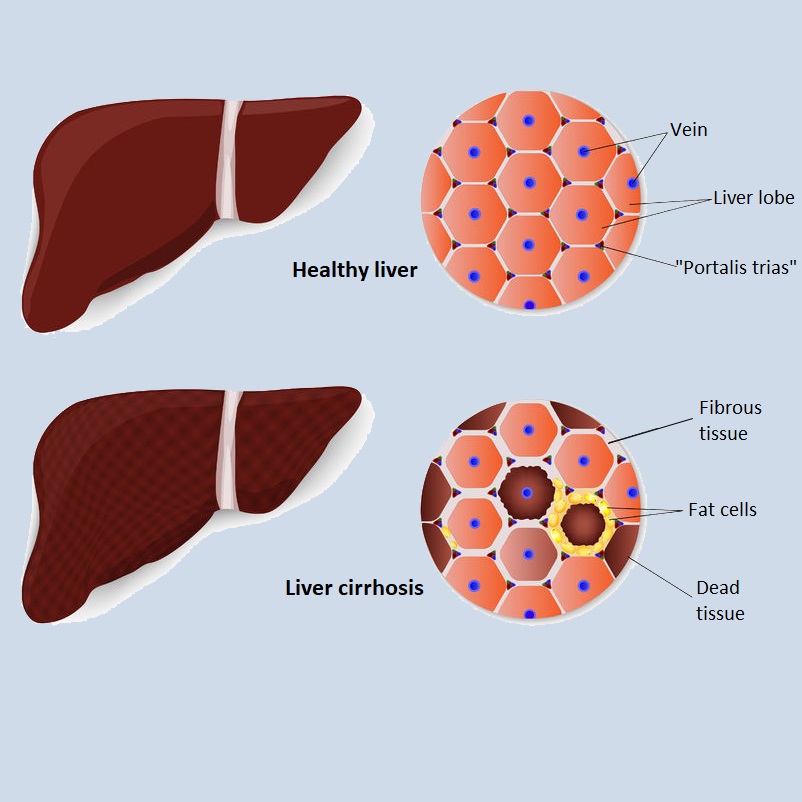
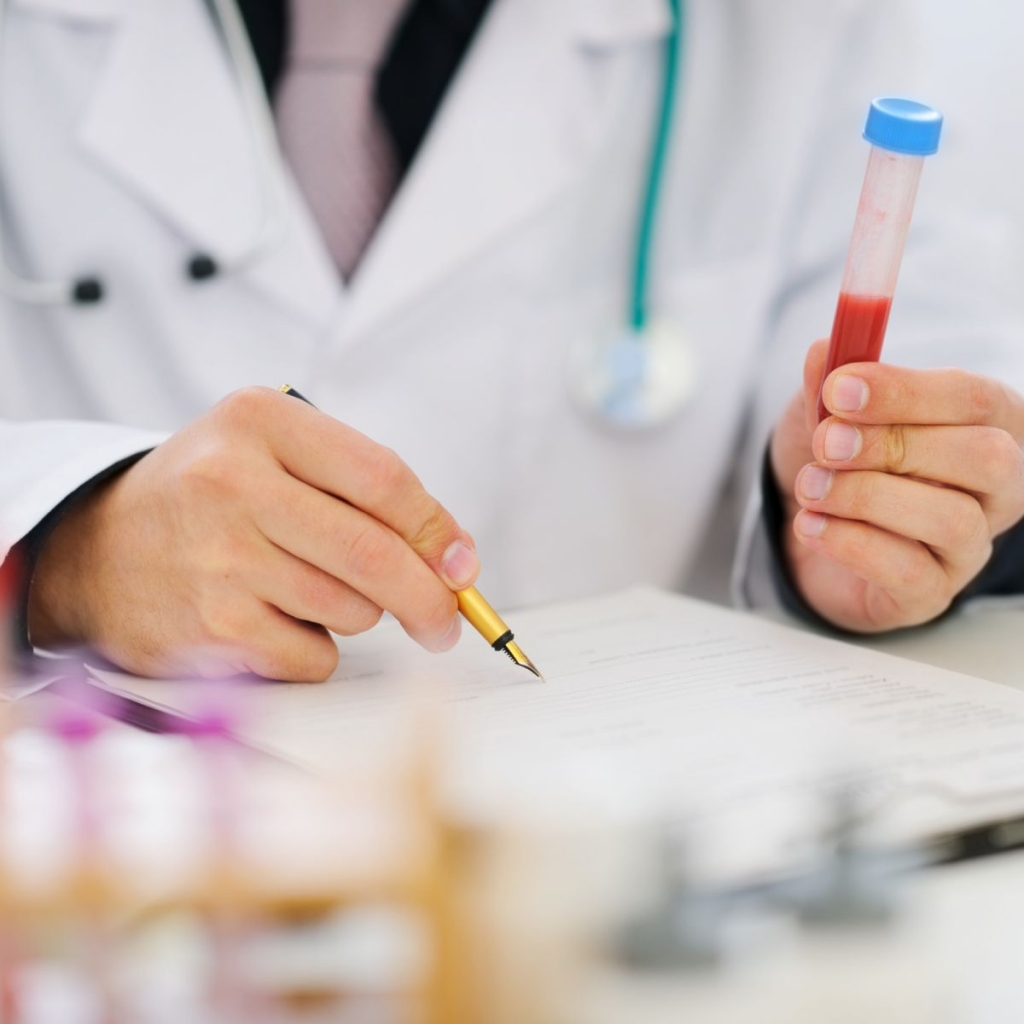
GGT (gamma-glutamyl transferase)
An enzyme produced by the liver, pancreas and kidneys. Although it is most abundant in the kidneys, the concentration measured in the blood is mostly derived from the liver.
What could be behind the rise in GGT levels?
- Hepatic impairment
- Biliary obstruction
- Malignant tumor of the liver
- Viral hepatitis
AP, ALP (alkaline phosphatase)
An enzyme that helps break down proteins. There are intestinal and bone and liver type alkaline phosphatases.
What may be causing high AP value?
The following liver diseases can cause elevated AP values:
- Liver cancer
- Hepatic cirrhosis (alcohol-induced liver damage)
- Osteoporosis
- Gallstones, biliary obstruction
The results of a laboratory test of liver function alone are not enough to make an accurate diagnosis. If your complaints persist, our experienced internal medicine specialists are at your disposal.
How to prepare for the liver function laboratory test?
Please arrive for the blood test on an empty stomach.
How long it takes for the results to arrive?
It arrives on the second workday after sampling.
